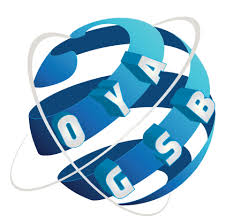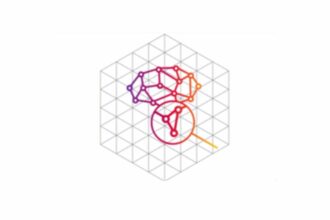Author, Faridahwati Mohd Shamsudin
I am not a marketing practitioner. I only took some marketing subjects when I was at university. Even so, it was a long time ago, a short stint in my life which certainly does not make me a marketing guru of some sort. However, I wish to relate to my two-year experience handling international accreditations at the Othman Yeop Abdullah Graduate School of Business, Universiti Utara Malaysia, OYAGSB.
The School is an AACSB, AMBA, ABEST21, and IQA CEEMAN accredited. Despite being in the position for a relatively short period, one significant takeaway for me is the importance of being honest about ‘marketing’ the School to the peer review team, who physically visits the School and makes an assessment based on the report the School has submitted earlier.
The process of getting accreditation is a ‘marketing’ process. The School makes a marketing pitch of what it has to influence the accreditors that it is worthy of being accredited. However, the key point of the exercise is honesty, which means that for the School to be accredited, it has to tell a story of its strengths and weakness. The whole accreditation exercise could be perceived as a self-reflection exercise—an exercise where the School contemplates the areas of strengths and recognises the areas of weaknesses that require continuous improvement. But how is the journey related to marketing, you may ask? Well, it is very much related to marketing.
Crudely speaking, marketing is about telling your customers about what products or services you offer and how good they are. When you market and promote what you have, you intend to capture your customers’ attention and wish they will end up buying your products or services. Better still if they promote your products/services to the others for free of charge and keep on consuming your products or services. When they do this for you, a marketer has a term for it. It is called customer loyalty.
Customer loyalty is a big thing in the marketing literature. If you care to look for marketing research published in any academic or trade journals, it is easy to find research on customer loyalty and how to develop customer loyalty. The premise is, if your customer is loyal, he or she will stay with your products or services forever. However, to boost loyalty requires hard work. You have to develop a strong bond or relationship with your customers. This customer relationship is akin to a marriage relationship. For any marriage to last long, it has to be nurtured.
But how do you do that? How do you nurture and cultivate such an important relationship with your customers? By being honest with them. And this is where my experience with accreditation comes into the picture. Honesty means telling the truth even if the truth hurts. It is about informing your customers what your products or services can and cannot do.
Most of the time, the positives are marketed clearly while the negatives are simply written in small prints, hoping your customers will not even read them because they are too small and cumbersome. If you wish to influence your customers well right till the end (i.e., maintaining them), telling the truth is key. Instead of dictating your customers, empower them to make the right and informed choices. It is their life and not yours. Your job is to give them the truthful information about what you have to offer.
Some may shudder to think whether this makes any sense at all. I believe it does because marketing sensibly makes a good business sense. Because we are honest as a School, we manage to get accredited. Being honest is hard work, and marketing sensibly pays off.
Faridahwati Mohd Shamsudin is an Associate Professor of Human Resource Management and Organisational Behaviour at OYAGSB.

















